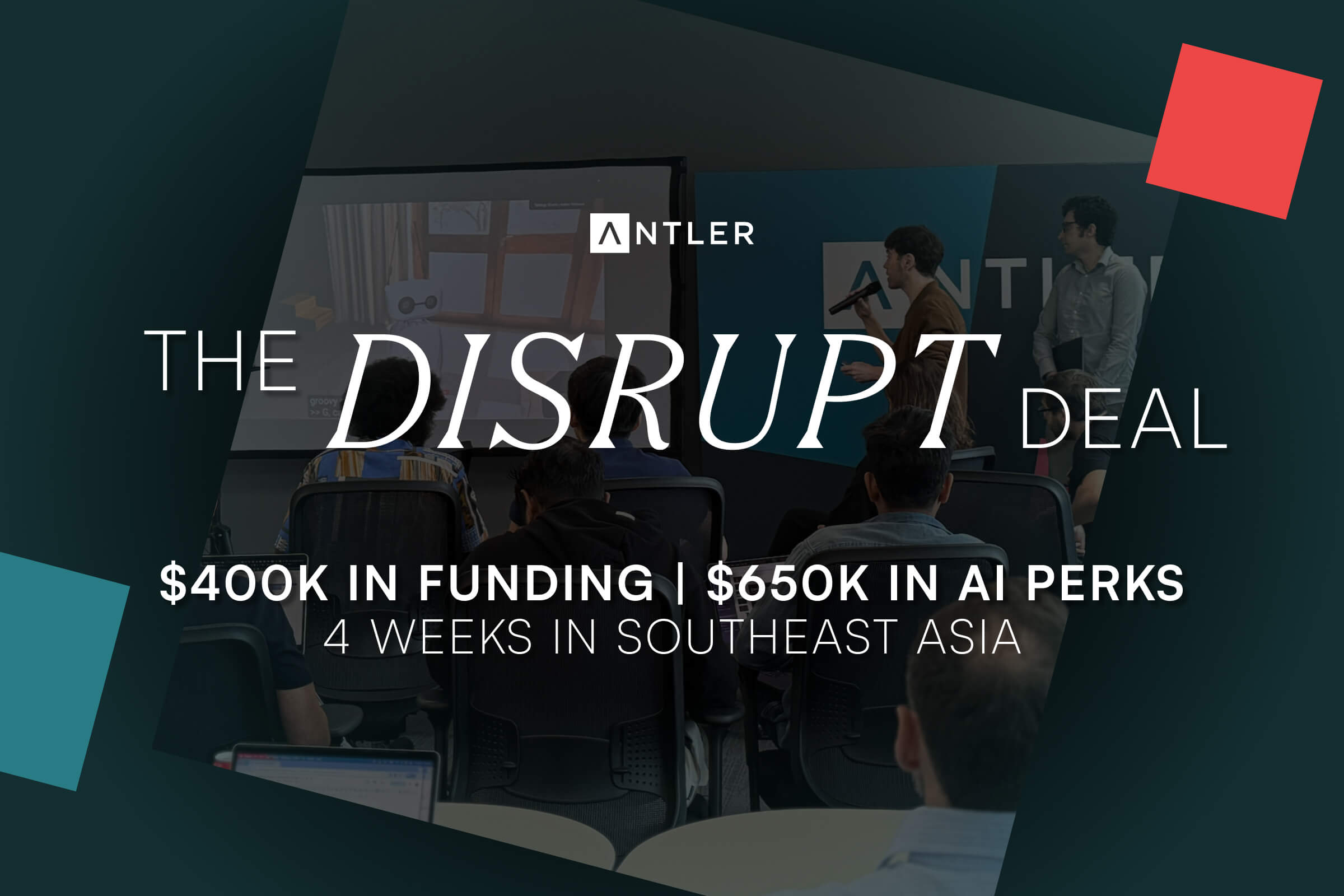To paraphrase Bill Gates, “most people overestimate what they can do in a day but underestimate what they can do in 10 weeks”. We firmly believe this at Antler as we make investment decisions on ideas and co-founding teams that are less than 10 weeks old.
Marketplaces are a regular staple of ideas we see at Antler and we have many investments in the space including Andisor, Kidly and Urban Swan. I’ve had the privilege of coaching some of these to lend my experience from growing Airbnb, SeatGeek and Adzuna globally.
Growing supply is existential for marketplaces to solve the Cold Start Problem, here are the top tactics I’ve seen which are all actionable in a 10 week sprint
1. Seed with your own supply
The first listing on Airbnb was the shared apartment of founders Brian Chesky and Joe Gebbia. The first ticket listed on SeatGeek was from a SeatGeek founder. I regularly challenge founders to either provide the first piece of supply or to find it in from their existing network.

2. Go to offline supply and pitch them
For many marketplace verticals, there are physical locations where the decision maker will be present (e.g. restaurants, taxi firms, warehouses, SMB retailers). Early Deliveroo employees used to go around London restaurants to sign up restaurants and at Airbnb we would visit vacation rental management companies unannounced and pitch supply. If your prospective suppliers are available to you in IRL, it’s a strong way to gain traction and get market validation for the solution.
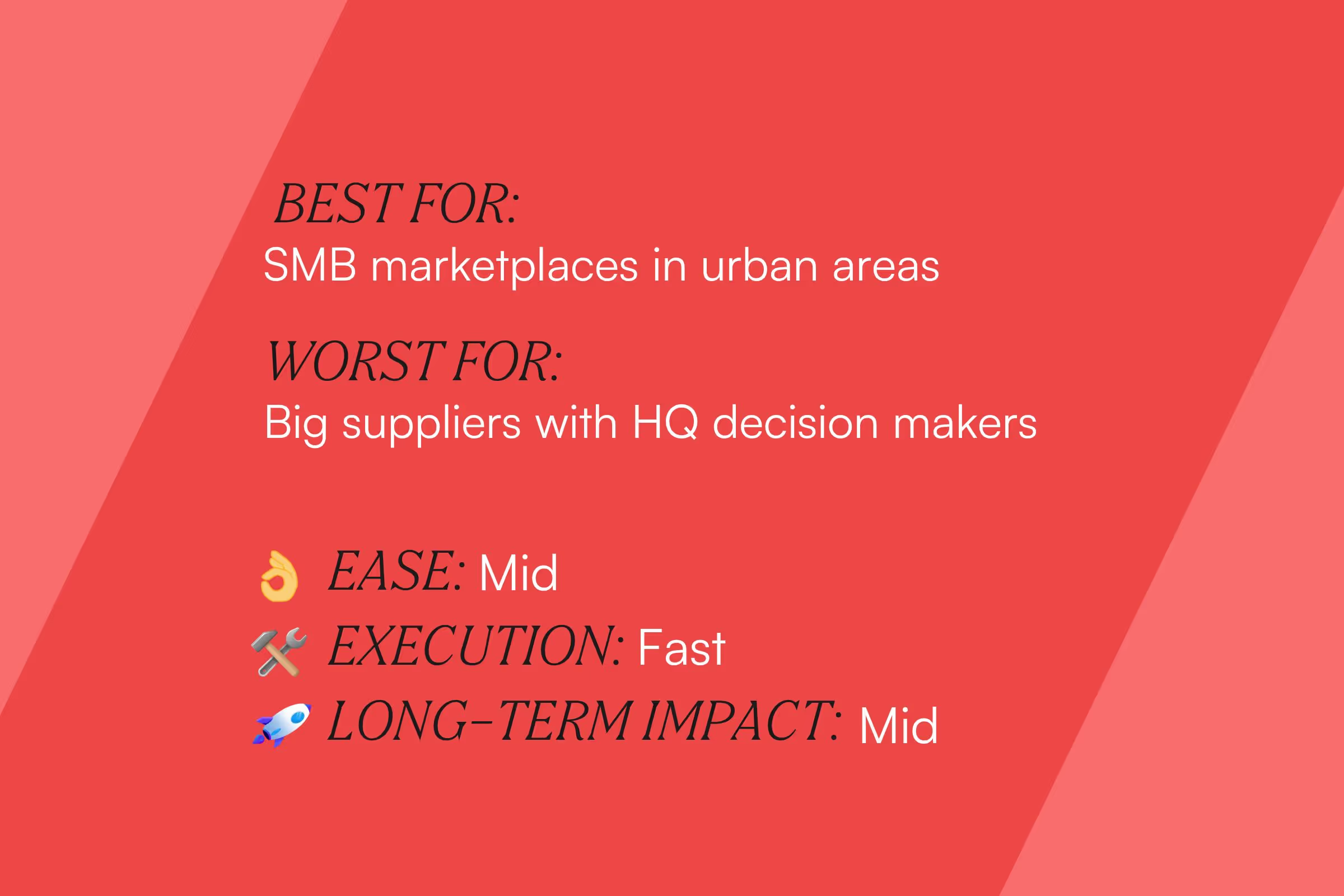
3. Scrape listings from existing websites and list on yours
Your supply might already be online and available. This is the case in recruitment and, for Adzuna, the first way of fulfilling the ‘every job, everywhere” mantra was to scrape employer websites and job boards.
There are two main benefits, you have content for prospective customers to interact with and you can prioritise your supply acquisition based on real web traffic data.
* Health warning: this is likely a breach of T&Cs, so be wary of the reaction from who you’re scraping

4. Create pre-populated listings for suppliers to claim
Go to your target supply with a simple proposition - ‘claim your listing to start seeing the sales’. If you can pre-populate key information (e.g. photos, product descriptions, price) from their existing channels, then your time to activation can be significantly shortened.
This can be used with #3, as scraping can form the bones of a supply listing.

5. PR Showcase
Giving your supply a marketing boost and a chance to see their name in lights is a strong sales tactic to improve relationship and showcase your value to them. Venyu (UK B2B events marketplace) has done this excellently by showcasing indie venues in their ‘Industry Champions’ showcase. The onboarding success rate with this tactic is near 100% vs a much lower cold outreach option.
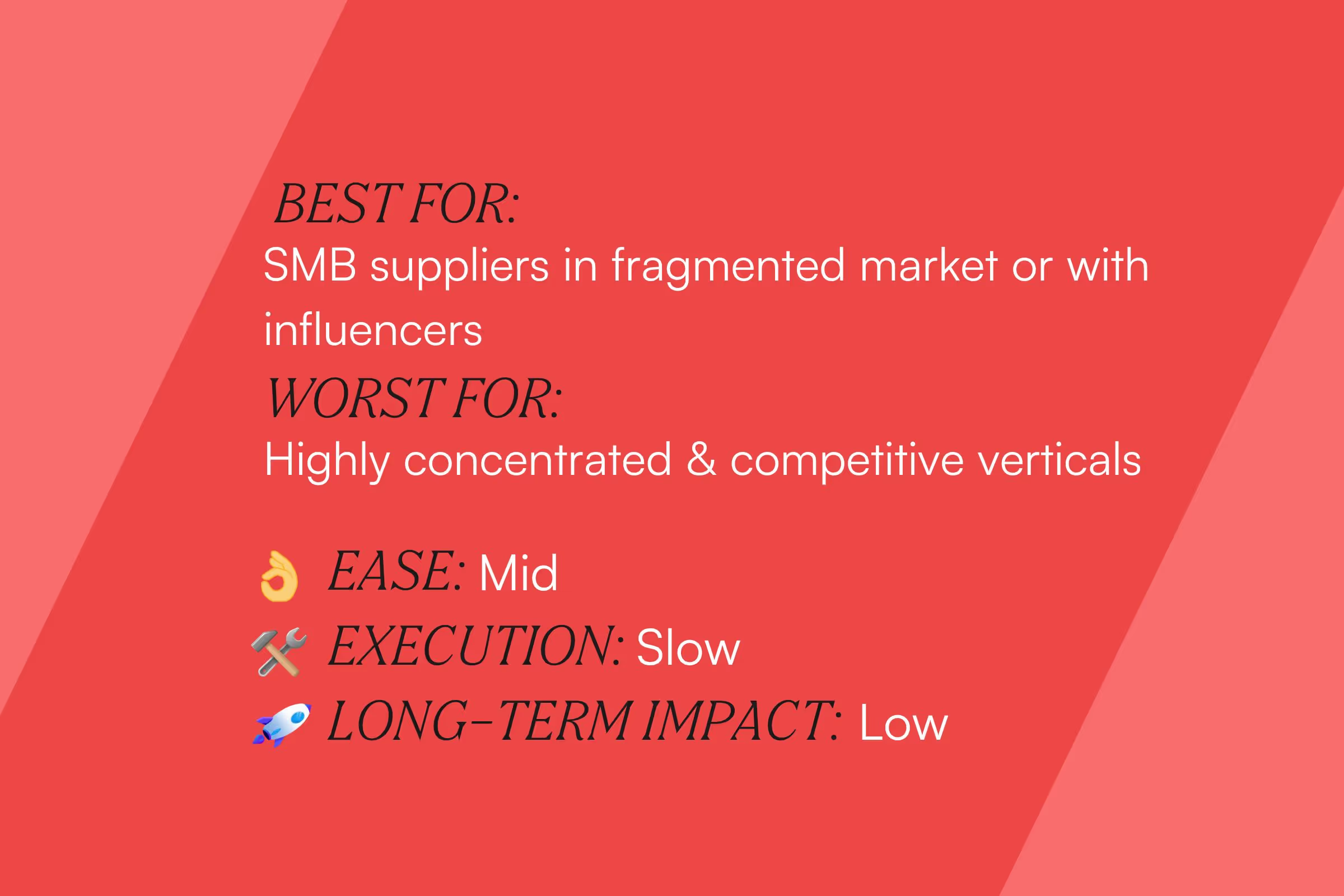
6. Use competitor sites as lead gen lists for your supply acquisition
At Adzuna, we’d scrape competitor job search engines to identify companies we didn’t have roles for, and then feed into our outbound sales CRM as hot leads. This can also be done manually - at Airbnb the early host supply came from scouring search results on classified and vacation rental sites and then calling potential hosts.

7. Customer to Supplier
If your customers can also be a source of supply, the best time to showcase this is after a good experience as a customer. This means they understand the product and are likely to think “I could do this”. At Airbnb we triggered automated emails to guests about hosting their space after they completed their first stay and if they submitted a 5* review. This was the best performing ‘guest-to-host’ conversion content we sent. Although the conversion rate was still relatively low - it was a stable source of new hosts coming from our demand generation activities.
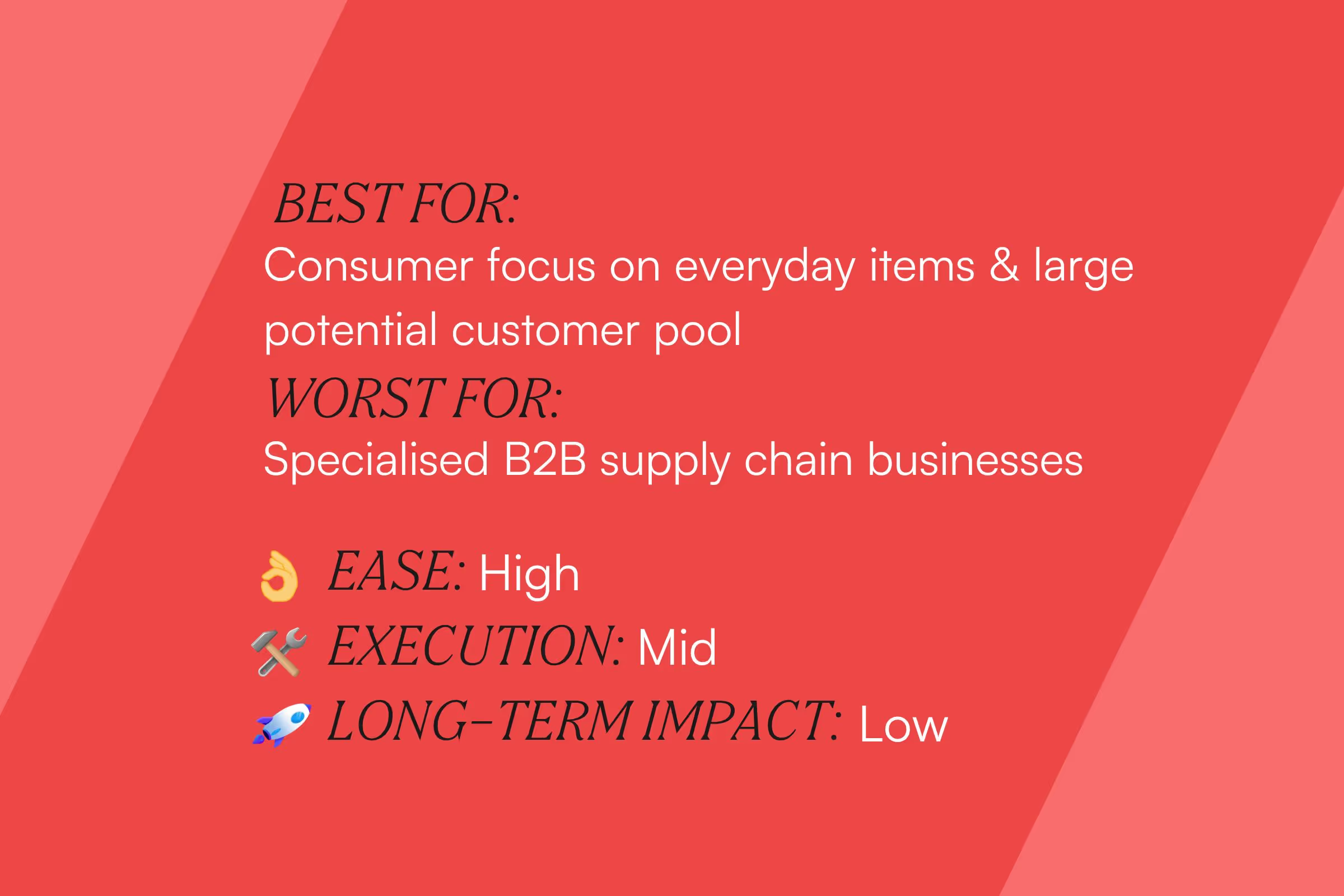
8. Acquire exclusive supply
To build defensibility and give customer differentiation, it’s important to have some supply that is unique or exclusive to you. At SeatGeek we did exclusive deals with top sports franchises for tickets, at Airbnb we started with peer-to-peer individual supply and then did big bang ‘Night At’ iconic locations to reinforce.
It doesn’t need to be hundreds and hundreds of listings, you can simply have some lighthouse unique supply that you highlight in your messaging for both supply and demand purposes.
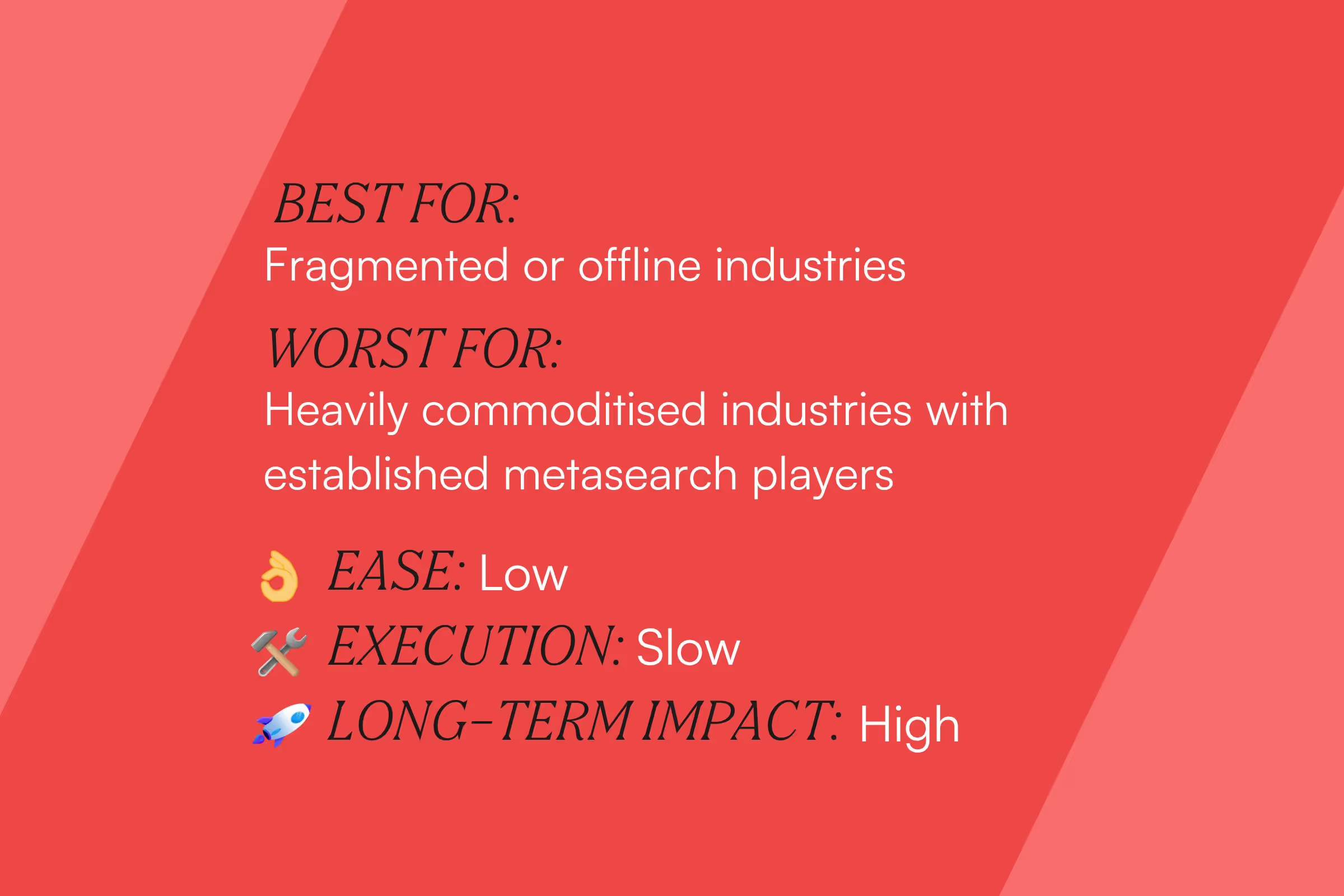
9. Meet-ups
Having a physical event for your leads and early customers is a core piece of the marketplace playbook. Meet-ups give a clear next step for prospective suppliers, can gain validation for features and build trust. These can be a simple affair and we ran them regularly across Airbnb top markets. I’ve done them for $200-300 (light catering & room hire for 15-20 people) and they work best when you have an existing supplier with you to talk about their experience.
These can also be a long-term piece of your growth strategy as they are also a great source of product and market feedback from your community.

10. API Channel Partners or App Ecosystems
Verticals reliant on distribution will have API providers which can distribute inventory for suppliers; e.g. Siteminder allows hotels to send their rates and availability to OTAs or Rezdy allows experience providers to list on multiple platforms.
This unlocked huge amounts of professional vacation rental inventory for Airbnb and was the single biggest lever we pulled to increase our supply. It can take a while to integrate, particularly if the channel partner APIs are not open source, but it allows you to seamlessly integrate to the existing workflows of a prospective supplier.
Another route, particularly for ecommerce and fintech ecosystems, is connecting to major ecosystems like Shopify or Xero. These can unlock access to more suppliers with the prospect of simple integration.
Pro Tip: Don’t just integrate the API, aim to discuss with the channel partner about how to promote the integration with their customer base and whether it’s opt-in or not for the suppliers. This can drastically improve the success rate.

If you're keen to build a marketplace startup, or any other high-growth business, apply to Antler!




.avif)




